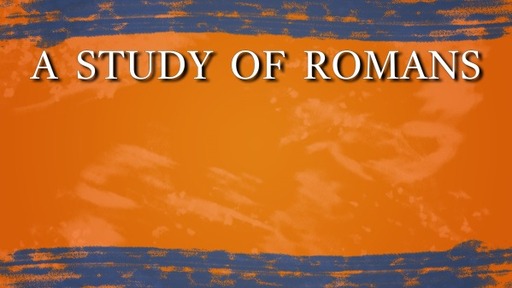A Study of Romans (18)

Legacy
noun (plural legacies)
1 an amount of money or property left to someone in a will.
2 something handed down by a predecessor.
■ adjective Computing denoting hardware or software that has been superseded but is difficult to replace because of its wide use.
—ORIGIN Middle English (also denoting the function or office of a legate): from Old French legacie, from medieval Latin legatia ‘legateship’, from legatus (see LEGATE).
Original Sin
He did not “know” God any longer as friend and as in fellowship (such a relationship to God is life!); he only knew dread and fear. He had died.
Participation
Some see here a mere repetition of Romans 3:23 and thus a reference to each person’s actual sin when he is alive. If this is correct, Paul means that each individual shows his identification with Adam’s sin by his own sinful deeds.
In Greek the verb is a simple past tense. If Paul is, as many feel, still looking back to the “original” sin, he is saying that all really participated in that sin with Adam. This is what the theologians mean when they affirm that all men are guilty of “original sin.”
We shall leave the more complicated aspects of the discussion to the theologians. But two conclusions are simple and clear enough for us and seem well justified. First, at least in some sense we sinned in Adam and are regarded as equally guilty of his sin. We need a sense of guilt about this “mystical” reality. Second, we all demonstrate our participation in the sin of the race when we in our own consciously responsible lifetimes sin.
Ineffective
Thus sin was as factual and real before the Mosaic Law as afterward, even though the Mosaic Law most certainly clarified and intensified man’s knowledge of his sin (Romans 3:20; 7:7).
The point is that there was something unique about Adam’s “original” sin, and no subsequent sin is quite like it in that respect. That difference lay in the fact that Adam was the only one faced with the choice between life possessed and death, as an issue of a specific sin.
And that is exactly Paul’s point: All men, even though not having been given the same choice Adam had, still died, thus proving that death had already been passed universally on a race universally guilty. The Mosaic Law neither caused nor cured this universal sin-death heritage gained from the first Adam.
